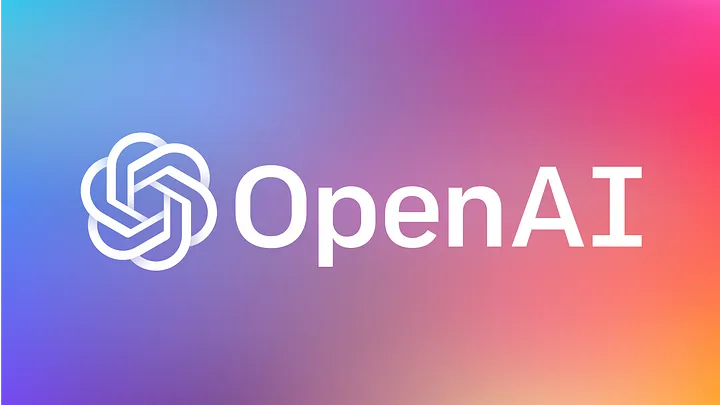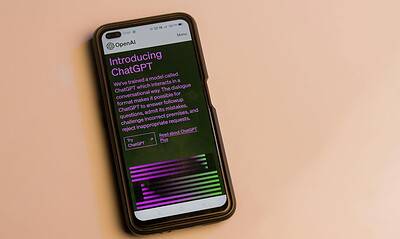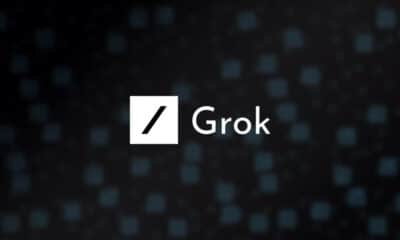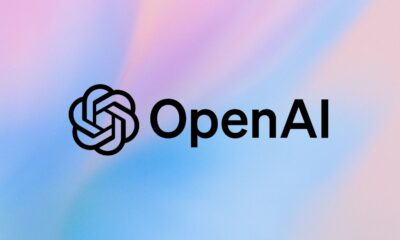AI
OpenAI disawovs Robinhood’s “OpenAI Tokens” sale
Companies like OpenAI and SpaceX are private, which means their shares aren’t available for the general public to buy.

Just a heads up, if you buy something through our links, we may get a small share of the sale. It’s one of the ways we keep the lights on here. Click here for more.
OpenAI has come out strongly to say that “OpenAI tokens” being sold by Robinhood do not give regular people real ownership or shares in OpenAI.
The company made this clear in an official statement, saying it had nothing to do with Robinhood’s plan to sell these tokens and does not support it in any way.
Recently, Robinhood announced it would start selling what it called “tokenized shares” of big private companies like OpenAI and SpaceX to people in the EU.
The idea is that everyday investors could buy these tokens, which would supposedly let them benefit if the value of these companies goes up.
Robinhood said this would give people “exposure” to these valuable companies using blockchain technology. After Robinhood made this announcement, its own stock price went up sharply.
But there’s a big catch: companies like OpenAI and SpaceX are private, which means their shares aren’t available for the general public to buy.
They decide who can invest in them. That’s why OpenAI issued a statement warning people that these tokens are not real shares and that any transfer of actual OpenAI shares needs OpenAI’s approval, which it did not give.
Robinhood responded by saying these tokens are linked to an investment vehicle they own, called an SPV (special purpose vehicle), which itself owns some shares in OpenAI.
But owning tokens connected to an SPV is not the same as owning real shares in OpenAI.
These tokens simply track the price of the SPV’s shares and are recorded on the blockchain, but they don’t give direct ownership or voting rights in OpenAI.
OpenAI’s warning highlights how private companies don’t want people to think they approved share sales if they haven’t. Similar situations have happened before with other startups.
OpenAI ended by saying it would not comment further, while Robinhood did not answer additional questions about how these tokenized products actually work.
What do you think about this controversy? Got any theories on what’s going on here? Tell us below in the comments, or ping us via our Twitter or Facebook.



























